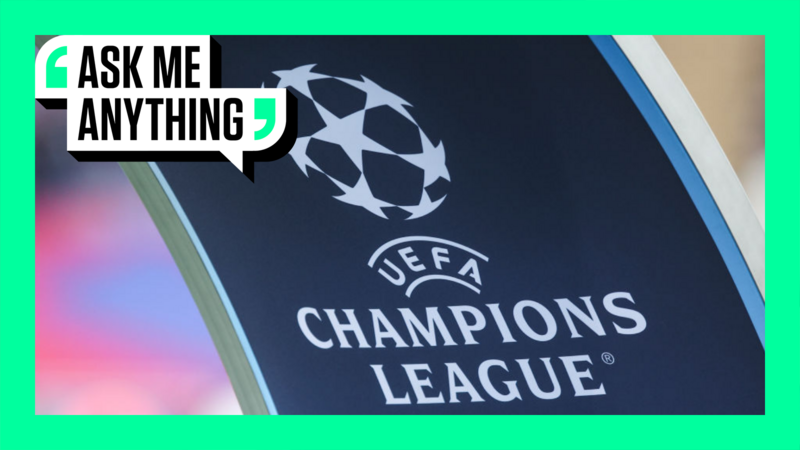Unveiling the Champions League Anthem: What You Need to Know




The UEFA Champions League anthem sparks the night - a solemn cue that heralds ceaseless excitement for football fans around the globe. At the sound of the first note, stadiums hold their breath, players align their destinies, and millions of spectators feel the spine-tingling embrace of anticipation. But have you ever pondered the origin of this iconic anthem or deciphered its Latin verses?
Composed by British composer Tony Britten in 1992, the anthem is an adaptation of George Frideric Handel’s "Zadok the Priest". This coronation anthem, written for King George II in 1727, has been played at every British coronation ever since. UEFA's choice of this particular piece was aimed at infusing a sense of regality and ceremony into football's most prestigious competition.
Tony Britten, tasked by UEFA to create something uniquely evocative for the Champions League, reimagined Handel's work with a clever twist, seasoning it with the grandeur befitting of a tournament that often feels like the royalty of the football world. He crafted the piece to resonate with international audiences, incorporating a blend of the best choirs – a mix of the rich sounds of the Royal Philharmonic Orchestra and the youthful voices from the Academy of St. Martin in the Fields choristers.
The anthem's lyrics, although not lengthy, are sung in UEFA's three official languages: English, French, and German. The choice of Latin, a language often associated with tradition and universality in the Western world, underscores its timeless appeal. The words themselves are simple yet profound, transcending the babble of languages across the continent to unite fans in a single voice.
“Ce sont les meilleures équipes, Es sind die allerbesten Mannschaften, The main event,” the anthem begins, heralding the clash of the top teams. “Die Meister, Die Besten, Les grandes équipes, The champions!” – a robust chorus that underscores the elite nature of the competition. The words, though repeating across only three stanzas, create an emotional crescendo that mirrors the escalating excitement of the tournament.
To many fans, the Champions League anthem surpasses being just another tournament theme song; it is an integral part of the football culture. Stadiums often erupt into a chorus of cheers or reverent silence as the anthem plays, with fans of all ages singing from the stands, embracing those spine-tingling moments before the game commences.
The song not only sets the tone for the epic battles on the pitch but also serves as a binding force among diverse groups of supporters. Each airing of the anthem rekindles memories of dramatic duels and legendary performances in past Champions League nights. It reminds us of last-minute goals, of underdog triumphs, and of football legends carved into the annals of history.
The anthem's enduring charm also lies in its ability to evolve while maintaining its core spirit. Over the years, different versions have been created to keep it fresh yet familiar. Whether it's the full orchestral and choir rendition during grand ceremonies or the short version played before kick-off, each form carries the weight of tradition and the fresh thrill of the new.
In essence, the UEFA Champions League anthem is more than just a prelude to a football match. It is a timeless piece that encapsulates the emotion, the drama, and the passion of European football. It rings out, a clarion call to the masses, uniting players, officials, and fans around a shared dream of glory under the floodlights. As the football season continues to unfold, this anthem remains a crucial part of the spectacle, reverberating across continents and etching itself deeper into the hearts of football lovers everywhere.